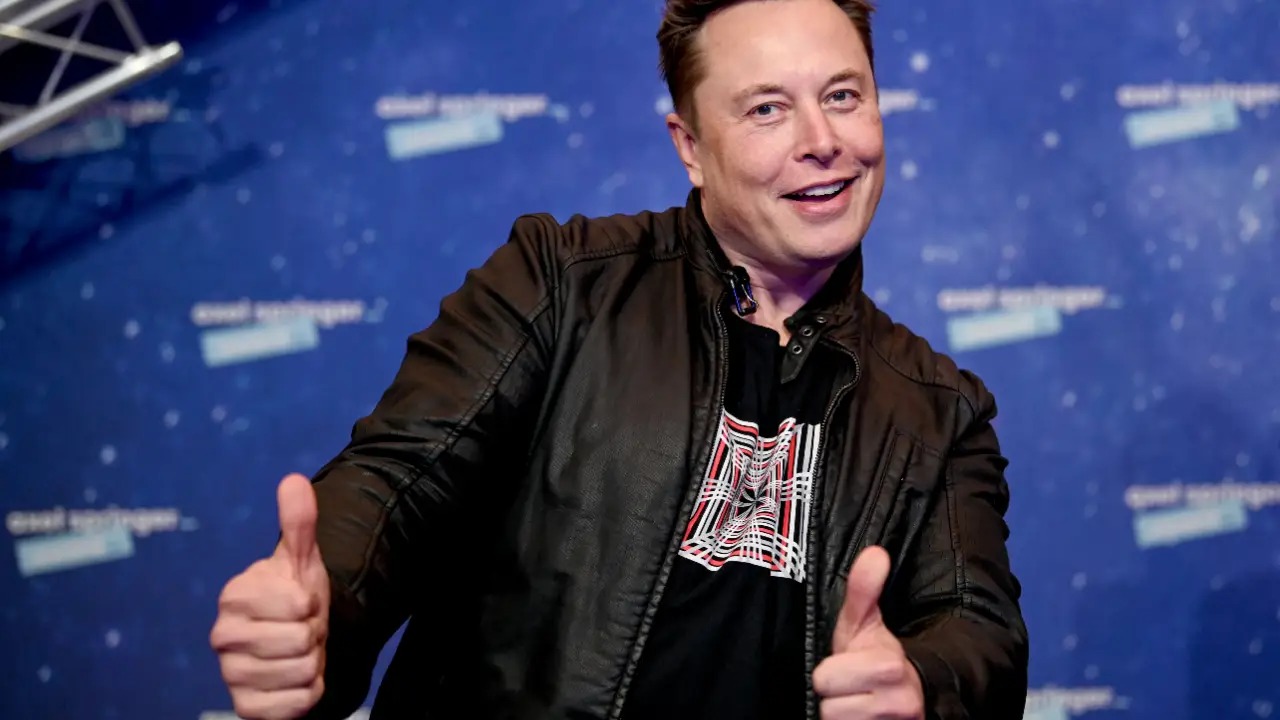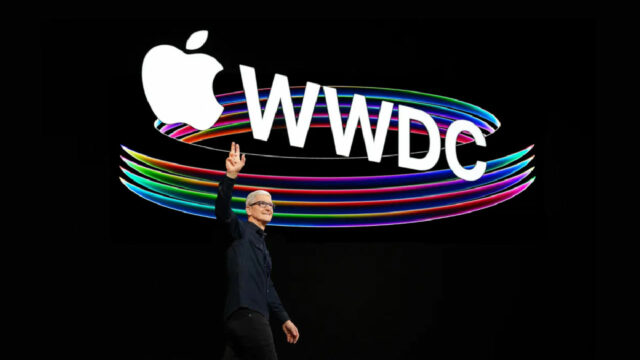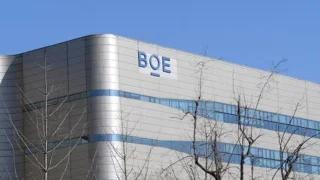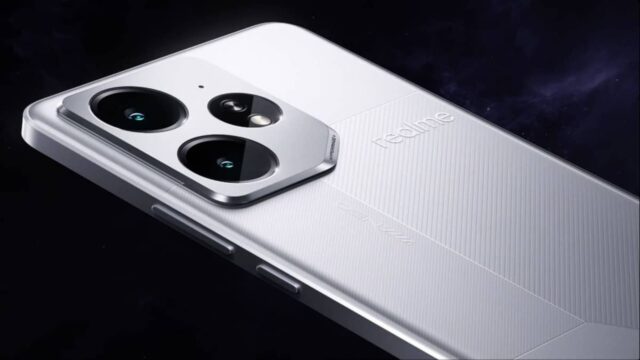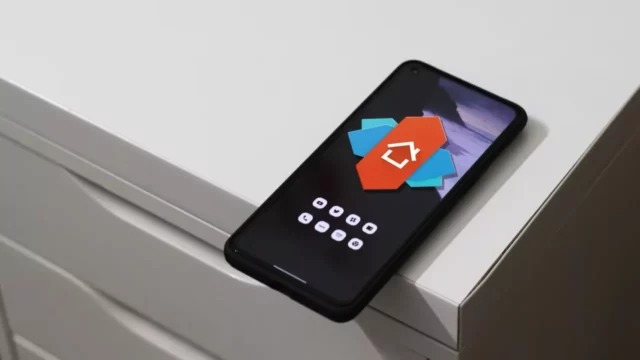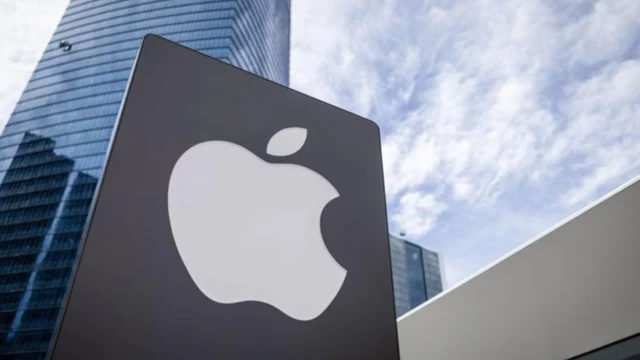Elon Musk has announced he will ban Apple devices from his companies due to their integration with ChatGPT, claiming that Apple is handing user data to OpenAI. Apple and OpenAI’s partnership is just hours old, but Musk is already in opposition. As the owner of Tesla, X, SpaceX, and xAI, Musk stated he would prohibit Apple devices at his firms if Apple integrates ChatGPT at the operating system level, a move the companies are planning. Musk, a founder of OpenAI who is now suing the current owners, argues that ChatGPT integrated iPhones pose an “unacceptable security violation.”
Musk’s stance on Apple and OpenAI partnership
“If Apple integrates OpenAI at the OS level, then Apple devices will be banned at my companies,” Musk tweeted on Monday. “And visitors will have to check their Apple devices at the door, where they will be stored in a Faraday cage,” he added in a follow-up tweet. Musk also responded to a tweet from Tim Cook, who announced Apple Intelligence, by labeling the technology as “creepy spyware.” Musk later stated, “Apple has no clue what’s actually going on once they hand your data over to OpenAI.”
Musk’s concerns about data privacy
Musk’s accusations are centered around data privacy concerns. He questions what OpenAI will do with user data. Apple has long presented itself as a leader in privacy, incorporating several privacy-focused features into its AI offerings. For instance, users must approve every request that goes through ChatGPT, ensuring they know exactly what information is leaving their phones. Furthermore, Apple stated during its WWDC keynote that requests and information processed through ChatGPT would not be stored. At first glance, Apple’s integration of ChatGPT does not appear significantly different from using ChatGPT on a phone, at least from a privacy perspective. However, Musk asserts that Apple’s promises do not align with its actions.
The ongoing feud between Elon Musk and OpenAI might be the real reason why he threatens to ban iPhones
This controversy is the latest chapter in Elon Musk’s ongoing feud with OpenAI. Musk created xAI and Grok to counter what he terms “woke AI chatbots” from companies like OpenAI and Anthropic. A founder of OpenAI, Musk is now suing Sam Altman’s startup for deviating from its non-profit mission and not being “open.” However, screenshots released by OpenAI indicate that Musk was part of email exchanges years ago that discussed how the startup would stop open-sourcing its AI models once they became more advanced. Musk also initially wanted OpenAI to join Tesla. He has stated he would drop the lawsuit if OpenAI changed its name to “ClosedAI.”
OpenAI and Apple’s privacy assurances
In response to the privacy concerns, OpenAI stated in a press release on Monday, “Privacy protections are built in when accessing ChatGPT within Siri and Writing Tools—requests are not stored by OpenAI, and users’ IP addresses are obscured. Users can also choose to connect their ChatGPT account, which means their data preferences will apply under ChatGPT’s policies.”
Apple’s efforts to enhance privacy
Apple is striving to enhance privacy with its own Apple Intelligence, which will partly operate on devices using Apple Silicon. After its major presentation on Monday, Apple informed reporters it would release a paper later in the day with comprehensive information about its private servers, aiming to be transparent and allow third-party review.
Key Points of Apple’s Privacy Measures:
- Requests processed through ChatGPT are not stored by OpenAI.
- Users’ IP addresses are obscured to ensure privacy.
- Integration within Siri and Writing Tools includes built-in privacy protections.
- Users can link their ChatGPT accounts to manage their data preferences.
- Apple Intelligence will operate on devices using Apple Silicon for enhanced privacy.
- A forthcoming paper will detail Apple’s private servers and transparency efforts.
Elon Musk threatens to ban iPhones but what are the implications for users and companies
Elon Musk’s decision to ban Apple devices from his companies could have significant implications. It highlights the growing concerns over data privacy and the responsibilities of tech giants in handling user data. The ongoing conflict between Musk and OpenAI underscores the complexities and challenges in the evolving landscape of artificial intelligence and data security.
Apple’s efforts to reassure users about their privacy measures reflect the increasing demand for transparency and stringent data protection. As the debate over data privacy continues, users and companies alike must stay informed about the practices and policies of the technologies they use.
The clash between Elon Musk and Apple over ChatGPT integration is a notable development in the tech world, raising critical questions about data security, privacy, and corporate accountability. As these issues unfold, the responses from both companies will be closely watched by industry experts and consumers alike.


